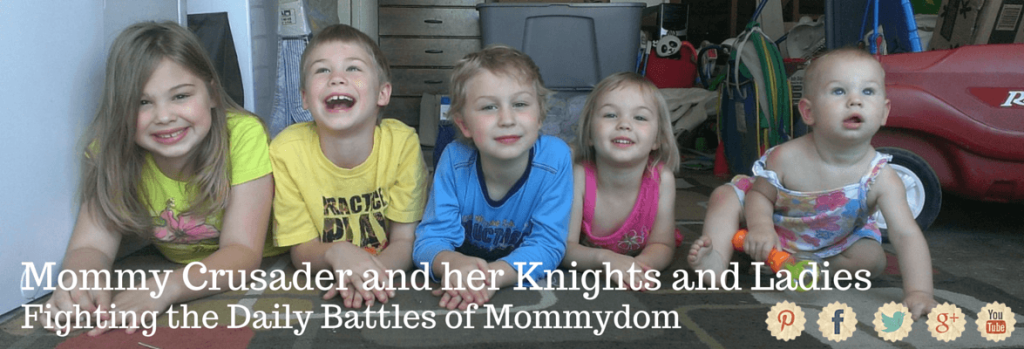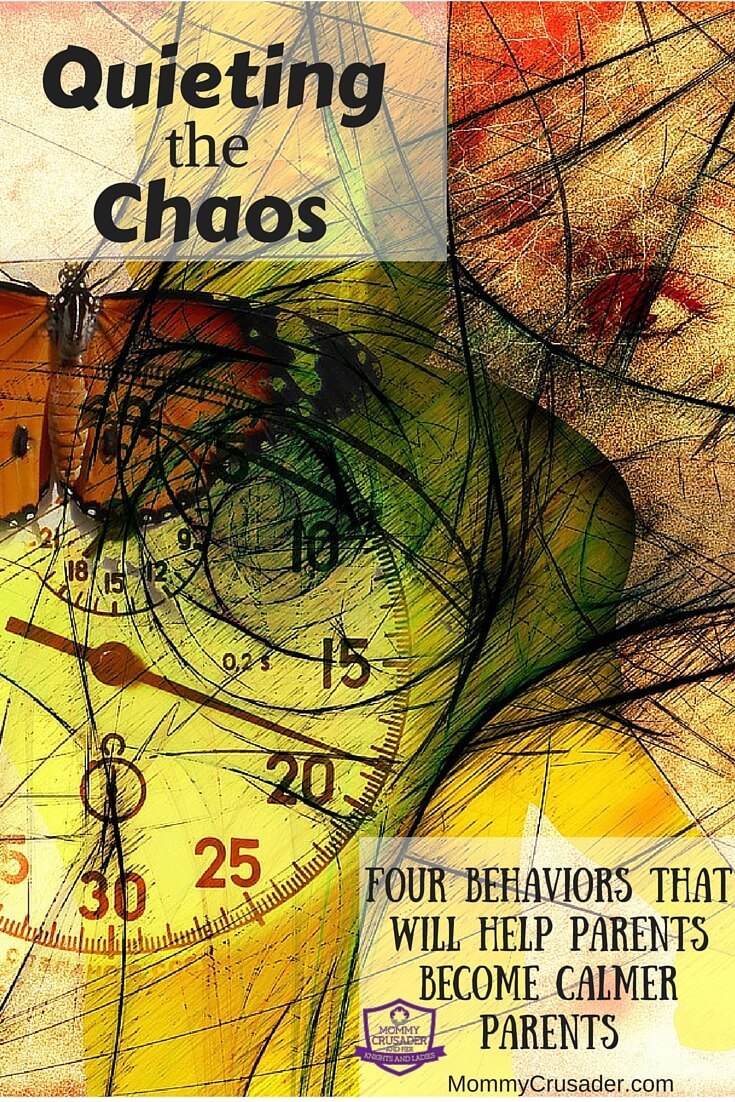Parenting seems to be inundated with a lot of, how should I say this . . . noise. There are all types of parenting styles, all types of children, and all types of experts – with all types of research – to tell parents exactly HOW to parent. Granted, there’s a lot to learn as parents. Heaven knows that no child is the same as the other, and, frustratingly, no child comes with an instruction manual. How I wish that was part of the birthing process! All this noise can become overwhelming, creating mental chaos and anguish for parents and children alike. So, how can we begin quieting the chaos within ourselves as we journey through parenthood?
I have to be honest. . . Some days, I’m not very good at this. Some days are overwhelming. Some days I feel like I’m failing. Some days are just plain chaotic. And I’m just like any parent anywhere, because we all have “Some days”. That’s also part of this journey. Recognizing that we fail sometimes, but then getting back up with a renewed desire to do better is how we learn a lot of the time.
But, parenting is also full of good days. Those days – the good days, where after school goes well, bed time is sweet, love is singing in everyone’s heart, and as a parent you say “yeah, I’ve got this” – those days aren’t by accident, or relegated to only one parenting style. There seems to be a few things in common with all the good days.
Commonality 1: Positive Attitudes
The days that I’m positive and contented seem to go much better than days where I’m focused on problems and struggles. I’m not saying that we need to ignore the issues we are dealing with, but maybe looking at the world through slightly rose tinted glasses will help us progress positively with those issues. Feeding fears and imagining worst-case scenarios will only create larger and larger issues – and can sometimes lead to panic attacks (I’ve learned). Trying to find a silver lining in the problem will give hope and a bit of peace, in the midst of the storm.
Commonality 2: Be on the Same Team
When faced with parenting decisions, it’s important for both parents to be on the same team. “Be on the same team” means supporting the other person’s decision, even when faced with subversive tears, whines, and requests. Don’t set one parent up to be the “bad cop” and the other to be the “good cop”. It doesn’t work in movies, and it really doesn’t work in life. Parenting is hard enough, working against each other only makes it harder. When it comes to changing parenting strategies, talk with each other first, commit to the change, or commit to not changing. Working together also extends to the children in the family. Don’t let the children get away with trying to divide the family as well. Children can be great helpers to the family, and explaining that they are expected to be and holding them to that expectation often helps to lower their resistance to family changes.
Commonality 3: Keep Things Simple
Simplicity is easy to understand, easy to implement, and easy to be consistent with. Parenting strategies need to be simple for everyone involved. This simplicity will increase the ability of the children to comply with the parenting expectations, and the ability for the parents to help the children meet those expectations consistently. The more complicated a system gets, the more opportunity for things to break down and fail. These breakdowns lead to chaos in the family system.
Commonality 4: Know the Children
The most important thing parents can do to quiet the chaos that can surround parents is to know their children. As I said before, there are a lot of experts with a lot of good advice for a lot of different situations. And what works for one child may not work for the other. There are, of course, patterns of behavior and general expected milestones. But every child develops differently. By knowing our children, we will know which of all the many pieces of advice will work the best at dealing with that particular child. Knowing the children will enable the parenting to match the needs of the children, instead of trying force the child to match the parenting.
Now, knowing the children, keeping it simple, being on the same team, and keeping a positive attitude will not eliminate all the rough days. But these will help increase the number of good days a family experiences, and will increase the ability of our families to deal with the rough days.

